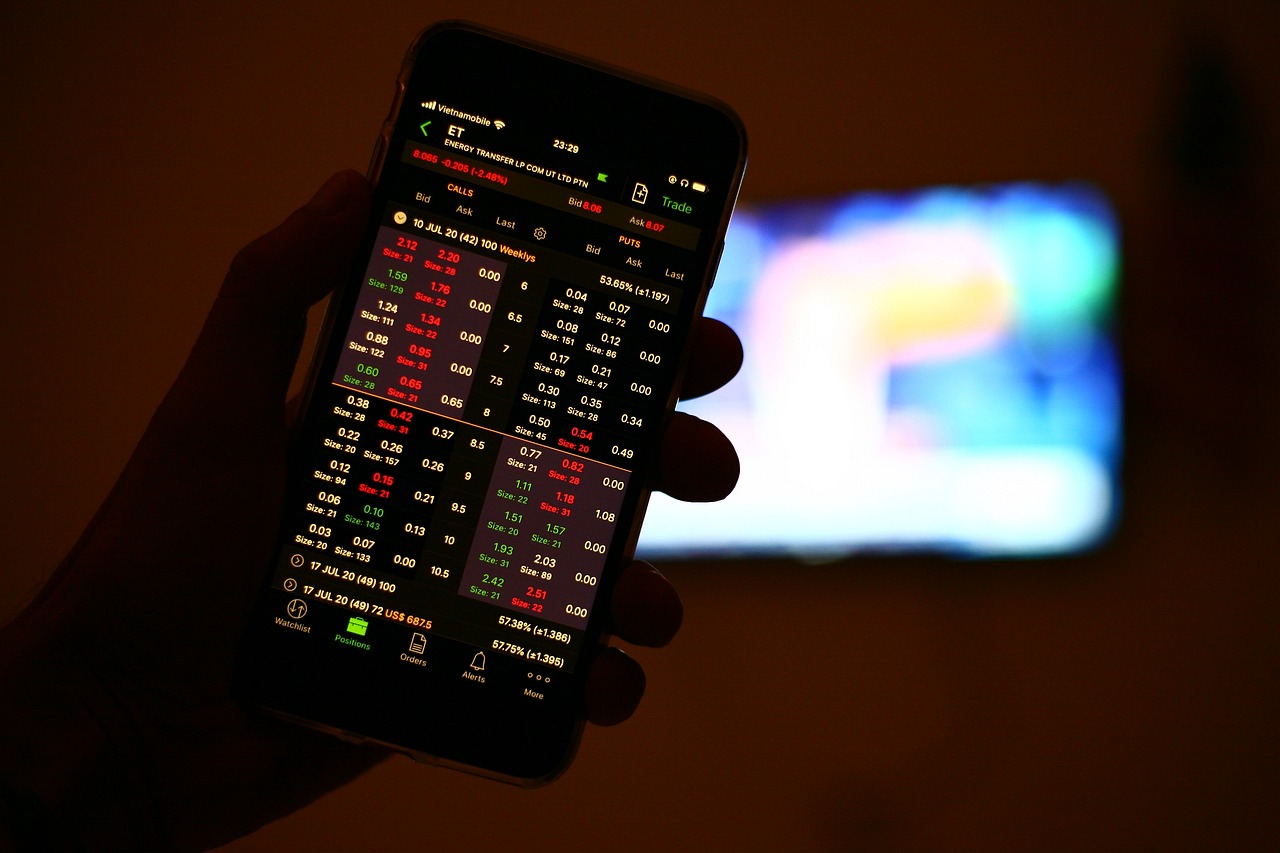Understanding Forex vs. Stock Market: Key Differences and Similarities

Introduction
Investors often face a critical decision when entering the world of financial markets: should they trade in the foreign exchange (Forex) market or the stock market? Both markets offer unique opportunities and come with distinct characteristics. To make an informed choice, it's essential to understand the key differences and similarities between these two popular forms of trading.Forex Market: Unraveling the Basics
The Forex market, short for foreign exchange, is the largest and most liquid financial market globally. Here's a breakdown of its fundamental features:- Market Participants: In Forex trading, participants buy and sell currencies. This includes banks, financial institutions, governments, corporations, and individual retail traders.
- Market Hours: The Forex market operates 24 hours a day, five days a week, due to its global nature. It starts in Asia and moves to Europe and then North America, creating opportunities for round-the-clock trading.
- Liquidity: The Forex market is exceptionally liquid, with a daily trading volume exceeding $6 trillion as of my last update in September 2021. This high liquidity means traders can enter and exit positions with ease.
Stock Market: The Basics
Conversely, the stock market deals with the trading of ownership in companies through shares or stocks. Let's delve into its core aspects:- Market Participants: In the stock market, investors buy and sell shares of publicly traded companies. This includes individual retail investors, institutional investors, and company insiders.
- Market Hours: Stock exchanges typically have set trading hours, with most operating from 9:30 AM to 4:00 PM local time on weekdays. After-hours trading is also available but generally has lower liquidity.
- Liquidity: Liquidity in the stock market can vary significantly based on the company's size, trading volume, and market conditions. Stocks of larger, more established companies often have higher liquidity.
Key Differences
Now, let's explore the primary differences between the Forex and stock markets:- Asset Class: The most apparent distinction is the asset being traded. Forex involves currency pairs, while stocks represent ownership in companies. Forex trading is essentially a bet on the relative strength of two currencies.
- Market Hours: Forex operates 24/5, meaning it's open continuously from Monday to Friday. In contrast, the stock market has fixed trading hours and is closed on weekends and holidays.
- Market Influence: Economic, political, and social events primarily drive the Forex market. Stock prices, on the other hand, can be influenced by both company-specific factors (like earnings reports) and broader market conditions.
Key Similarities
Despite their differences, the Forex and stock markets share some commonalities:- Risk and Reward: Both markets carry inherent risks. Prices can fluctuate, and traders can incur losses. However, potential rewards exist in both markets for those who make well-informed decisions.
- Technical Analysis: Traders in both markets often use technical analysis to make trading decisions. Chart patterns, indicators, and trends are valuable tools for assessing potential price movements.
- Brokerage Accounts: To access either market, you typically need a brokerage account. Whether you're trading currencies or stocks, you'll use a platform provided by a brokerage to execute your trades.